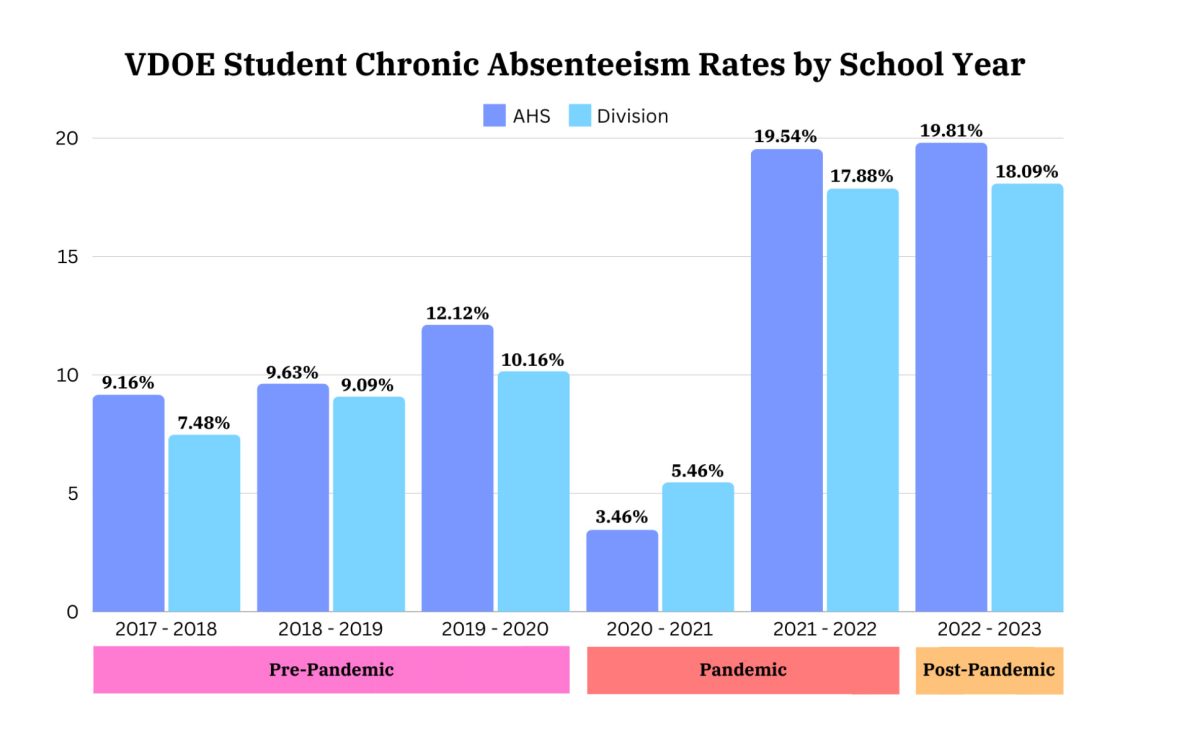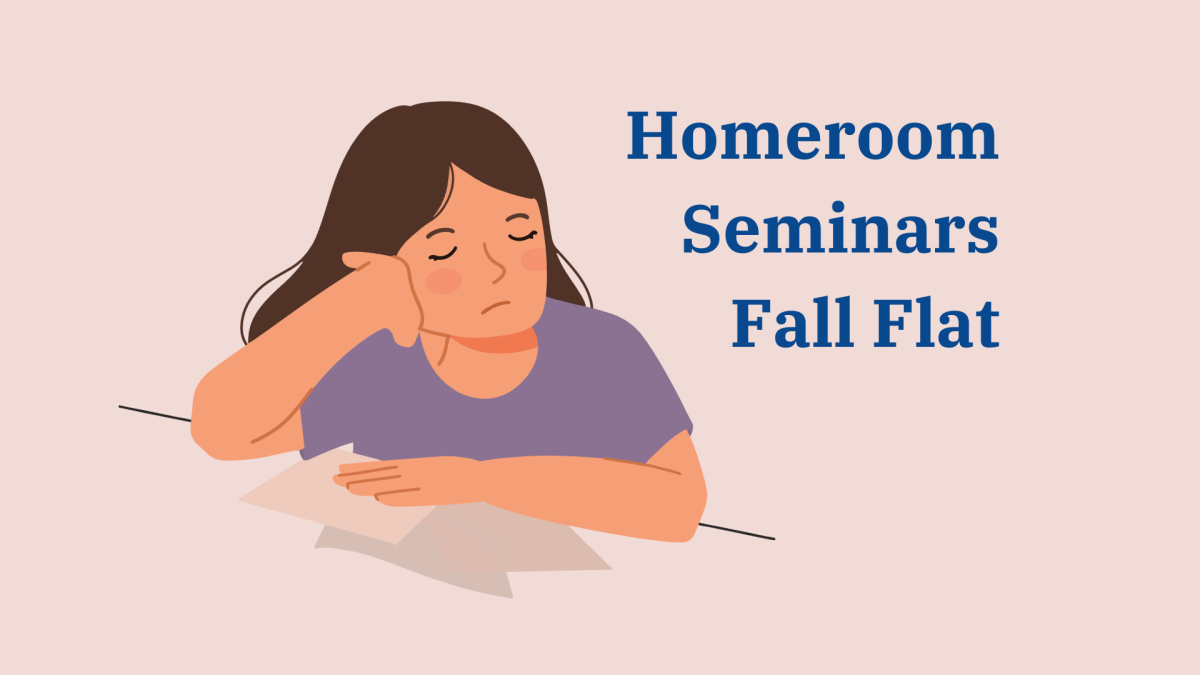“Finishing the club stuff took forever; I got only like, four hours of sleep!”
“I stayed up ‘til 4 am last night because of that stupid project.”
“I fell asleep in class today because I had to stay up to finish that outline.”
Sound familiar? High school students are infamous for not getting very much sleep. We complain about our exhaustion, and then we have the typical response from well-meaning adults: ditch the activity or drop the class.
The fact is that it’s not that simple. Students face so much pressure from the school, their parents and even themselves to succeed. Sometimes, this means we are forced to choose between sleep and protecting our future.
When colleges are asked what kind of student they are likely to accept, they often use the term “well-rounded.” This is code for a student who is involved in a variety of activities and who gets good grades in high-level courses. They want the cream of the crop, the best of the best. Being well-rested means nothing to them. So, if a student has to decide whether to take an impressive AP class versus an Honors class with a comparatively lighter workload, they will choose the first option, despite its potential for a decrease in sleep hours.
Universities aren’t the only ones who put pressure on students to achieve. Parents are constantly encouraging their children to be the best: to get close-as-possible-to-perfect grades, to be the best player on their sports team, to be involved in the most honor societies. Students want to make their parents proud. Nothing makes good old Mom and Dad happier than a nice, neat line of A’s on a report card. They’ll be so proud, that they won’t even notice the yawning and dark eye circles.
Students can even put immense stress on themselves to succeed. No one wants to fail a quiz or get a zero because an assignment is missing, especially not if it could ruin a person’s grade in the class or make their parents mad at them. But students also want to pursue their interests, which can mean coming home late because of a Key Club event or a play rehearsal. They don’t want to have to quit something they love just because doing so will let them go to bed earlier. Students would rather choose between sleep and homework than homework and doing something they enjoy, because if faced with the second choice, they will decide to do what they enjoy every time. That decision just doesn’t cut it when college is at stake, so, sleep is the one to go.
What can the school do to remedy this problem? First, instead of decreasing the difficulty level of homework, teachers should decrease the amount of homework given. Instead a whole chapter outline due during the beginning of the week, maybe they should assign the first half due on Tuesday/Wednesday and the second half on Thursday/Friday. That way, what needs to get done will be finished, but in smaller increments.
Teachers could also leave five minutes or so at the end of class for students to get a head start on their work or ask questions. Clubs often meet during CHAT, so this will guarantee that each student has the opportunity to get help. Students will be able to finish their work faster when they feel confident that they know what is expected of them. Once their homework is finished, they are free to sleep to their heart’s content.
Another solution would be for parents and teachers to put less pressure on students to take so many classes with heavy workloads. AP classes will always require more homework than an Honors-level class. But is it really that bad to take a schedule that’s half AP, half Honors or Advanced over 8 top-level classes? The homework will be more manageable for students, which will allow them to take on more extracurricular activities as well as Wouldn’t parents rather their children do well in the classes they have instead of constantly pushing them to do better?
This doesn’t mean taking classes below one’s ability level because they are easy to get a good grade in. It doesn’t mean choosing to sleep instead of doing homework or blaming missing assignments on extracurricular activities. This means not taking on more than you can handle; which will lead to less stress and more sleep.






